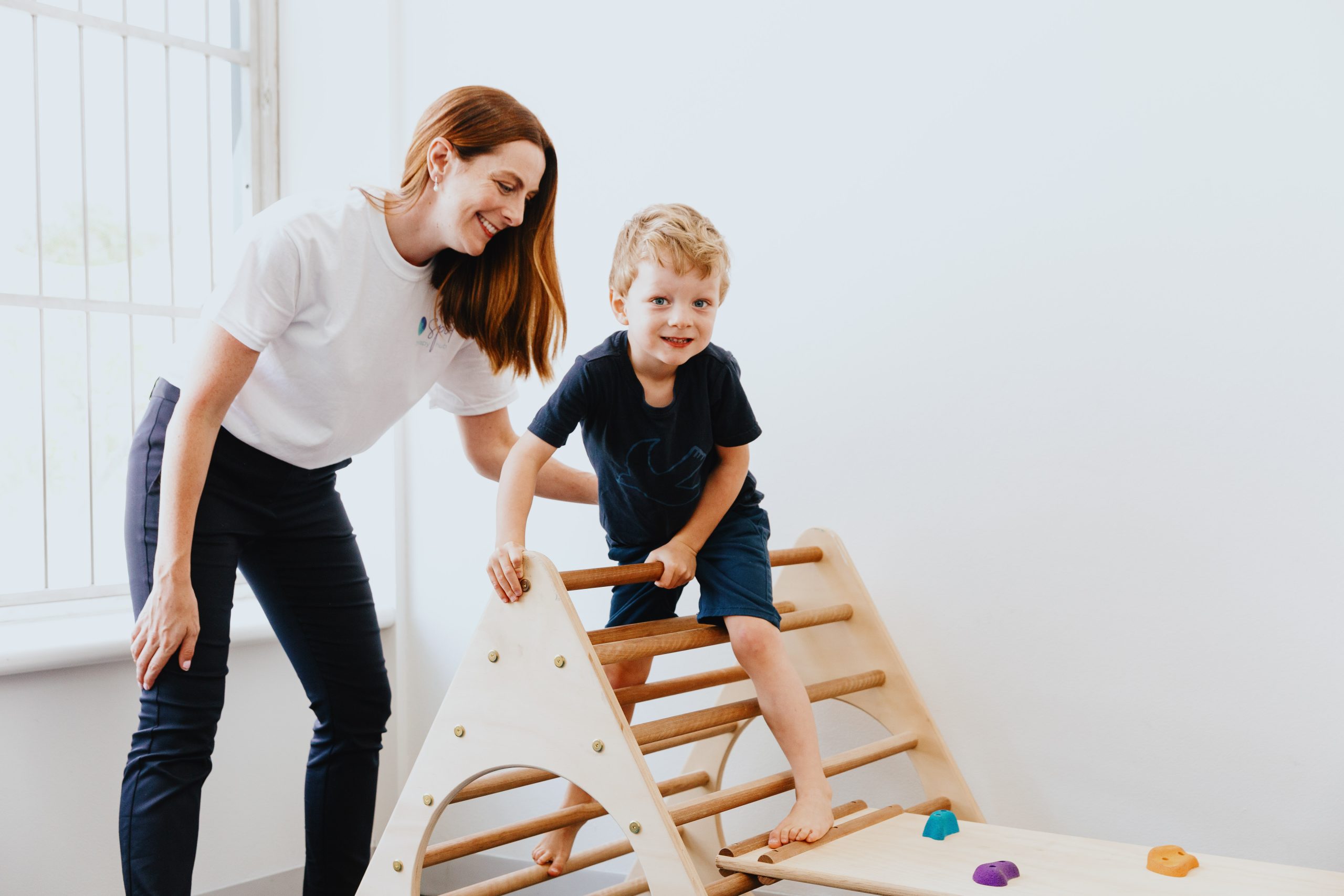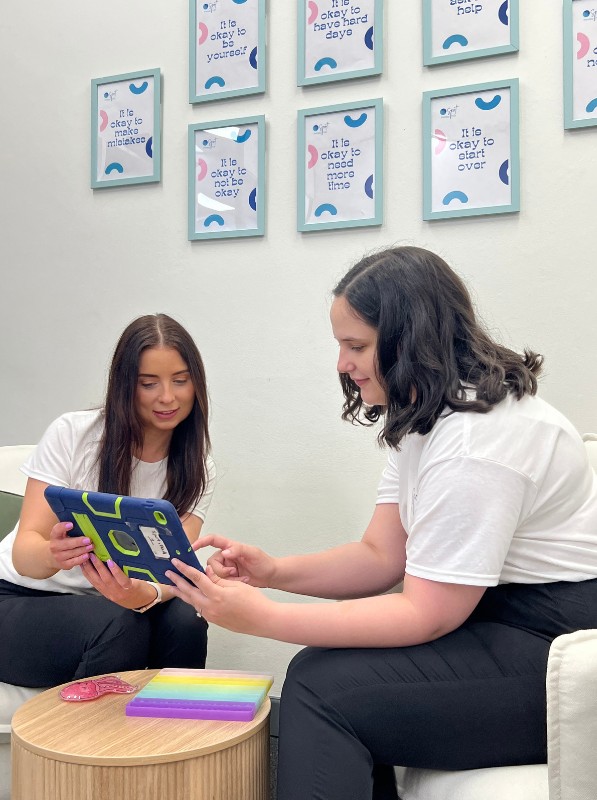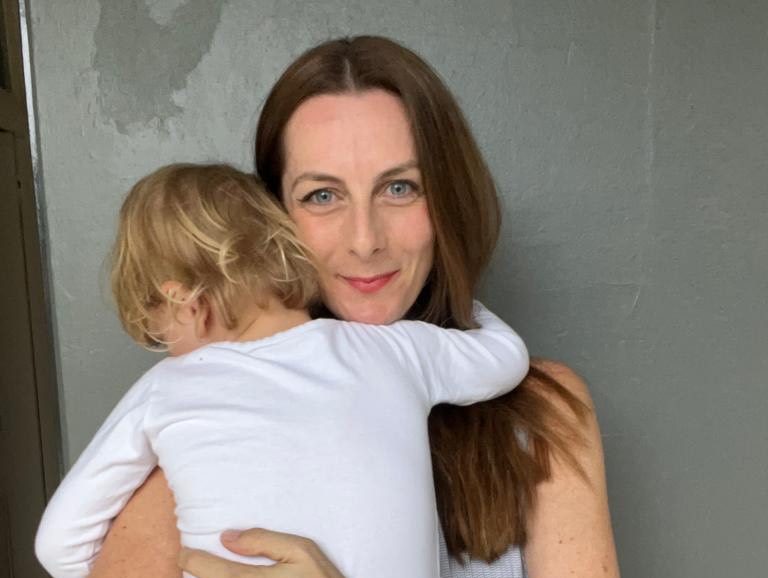Related Blogs
Gross Motor Skills: Understanding and Nurturing Physical Development
Adventures of a Spot New Graduate
“Gentle Parenting does not work for our child. We’ve tried everything!”
My Journey to Spot as an AHA
OCCUPATIONAL THERAPY
THERAPEUTIC APPROACHES
My name is Amy, and I am an Allied Health Assistant (AHA) at Spot Therapy Hub. I have been practicing as a speech and language therapist in the U.K. for the past 5 years and have recently moved to Australia. Because of where I studied in the UK, I must undertake additional training to register with Speech Pathology Australia (SPA). I have a particular interest in total communication, social communication and self advocacy, and was drawn to Spot because I am passionate about creating a neurodiversity affirming world. I am excited to support families to achieve their goals, supporting:
- Speech sounds
- Fluency
- Understanding of language
- Expressive language
- Total communication (AAC, gesture, sign and speech)
- Literacy (reading, writing and spelling)
- Feeding
- Social communication
- Self advocacy
An Allied Health Assistant
The role of an AHA within a therapeutic setting, is to implement a therapy treatment plan that has been created by a practicing therapist and provide therapeutic support. At Spot Therapy Hub this could be for Occupational Therapy or Speech Pathology.
The breakdown:
- Each client on an AHA’s caseload will have a primary therapist. The primary therapist assesses the client and creates goals for a 10-week therapy intervention. They will then meet with the AHA to discuss the goals and plans for the next 10 weeks prior to commencement. This is called a Service Plan. The AHA then discusses what support/training is needed for them to effectively and confidently carry out that plan. This includes discussion of the goals, weekly supervision, observations, specific training on intervention framework and/or anything else the AHA thinks they would need. The therapist and AHA signs the Service Plan with the support/training that has been agreed.
- Following the 10 weeks, the primary therapist completes a review session with the clients to determine progress towards therapy goals and adapt the plan as required.
- AHAs also meet weekly with their supervisor (usually a senior therapist) to have time to discuss their sessions/clients and receive advice, support and answer any questions the AHA may have, in order for them to feel confident in delivering the therapy plans.


